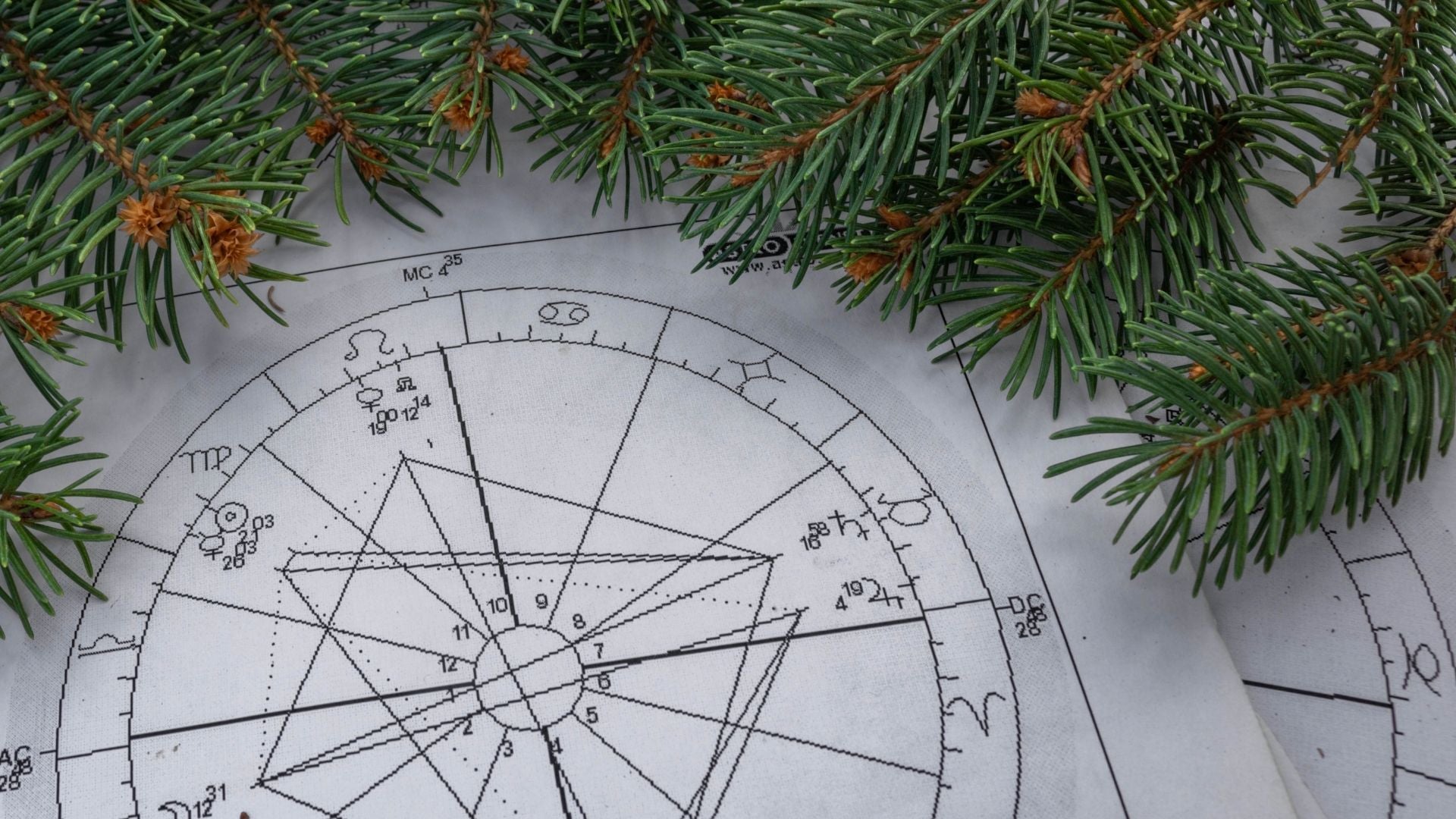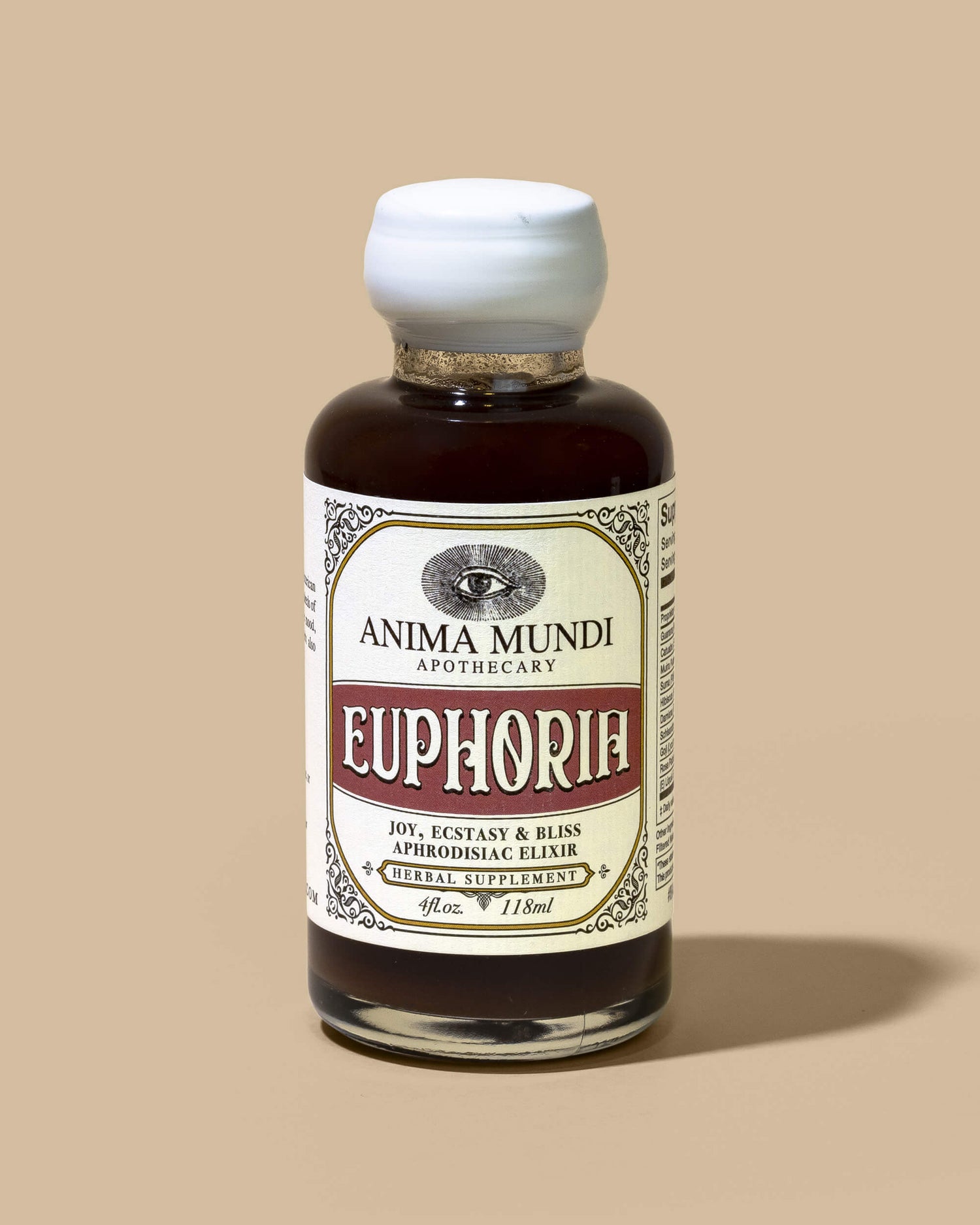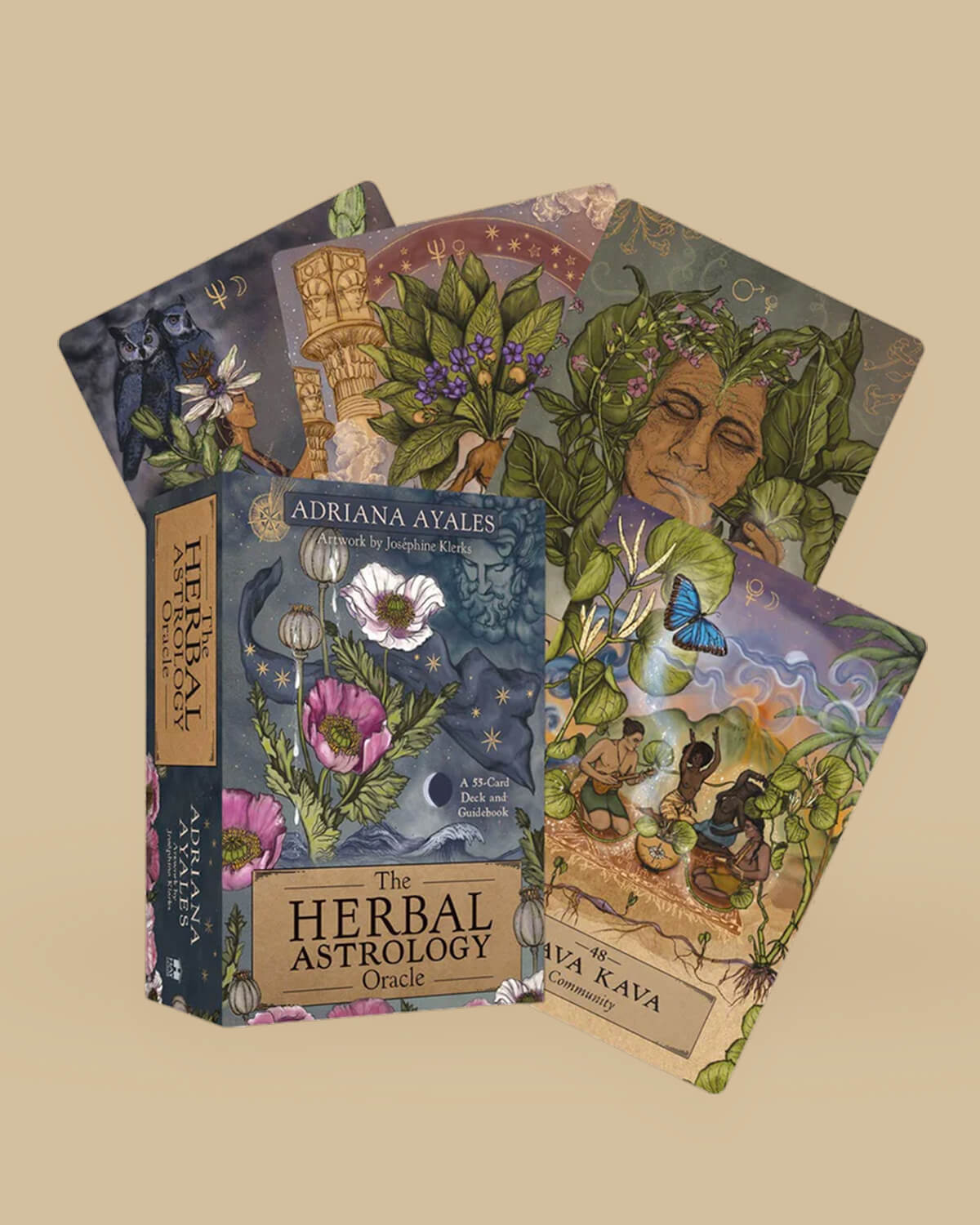Did you know Culpeper was an astrological-herbalist?
The ancient medical system he espoused was a triune conflation of herbalism, astrology, and patient examination. Now you may be wondering: how might we best understand “Culpeper’s medicine” in order to utilize this ancient knowledge in our quarterly assessment of planetary motions and their collective mental and physical influences?
Ancient, Medieval and Renaissance physicians viewed both herbs and planets energetically. Planets, herbs and zodiac signs were categorized as either cold, hot, moist, or dry. Furthermore, both planets and herbs are likewise sorted as stimulating or relaxed; fast moving or slow.
Ancient physicians were practical people, interested in the most immediately relevant and physical uses of astrology. Indeed, the medical use of astrology is certainly one of our earliest uses of the craft. We find that the Babylonian writer Berossus founded his school of astrology on the same Greek Island of Kos (285 BCE) where Hippocrates established his earlier medical school in 400 BCE. Certainly, there must have occurred some fascinating cross-pollination between these two sciences!
Culpeper’s complex and nuanced medical system—known as “astrologo-physick”—is quite old, with roots in Mesopotamia and Egypt through Hellenistic times. Eudoxes’ first known written explication of the Four Elements, is one of the major keys to this system (494-434 BCE). However, due in part to Gutenberg’s innovative new printing press, the “Golden Age of Astrological Medicine” flowered during Culpeper’s England, during the reign of Queen Elizabeth I.

Medical astrology was always legal with the Catholic Church, having been designated “natural astrology” by Pope John ll’s Tridentine Council (1545-63). Physicians were expected to utilize astrology in their diagnosis, prognosis. Pre-modern physicians were universally herbalists! In the Middle East and Europe, horoscopic style astrology was their grand method, utilized in all manners of herbal selection and usage. Herbalists knew how the planetary resonance of each hour was imprinted within any herb planted, harvested, decocted, or administered at that time.
Knowledge of the planetary influences upon specific herbs, herbal medicines and bodies, was so essential that Renaissance era University medical students must necessarily have passed their astrological exams in order to achieve their medical licenses until 1666.
Culpeper and his medical colleagues calculated and consulted various types of astrological charts before determining their herbal protocols. The afflicting planet was defined, as was the afflicted body part or organ. Thus, they determined the semina morbi, or the seeds of disease.
Renaissance physicians acknowledged at least 13 etiologies, or causes of disease. These included both “natural” and “supernatural” causations - the later category is now wholly dismissed by modern clinical medicine. Astrological causation was considered to be an essential etiology, and also was used to determine which of the other twelve etiologies was involved in both physical and mental maladies. In other words, the planets could make you sick. Planets were thought to exert rays that influenced the mind, emotions, and body. Various types of charts were also used for prognosis, or the assessment of disease length and strength. We teach all these traditional methods at my school.
HOW IT WORKS
Planets dance around the ecliptic together at various speeds, combining and separating their forces in a celestial dance that varies daily, weekly, and yearly. The astute astrologer is trained to identify the dominant themes of each week or season. This feat is accomplished by rating the temperature and moisture level of the planets as they dance through various elements and zodiac signs, or aspect each other. For instance, Saturn is always cold and astringent, whereas Mars is always hot and dry, except when tenanting the “water” signs, where he is hot and moist. Uranus is spasmodic, Neptune sleepy, Jupiter fattens and engorges, etc. Lunar Nodes are also quite important in the planetary scheme. Truly, the knowledge of planetary influence constitutes a fascinating, true science worthy of further investigation.
Most importantly, each zodiac sign governs a body zone, and influences specific bodily organs and processes. For instance, we will learn what chilly Saturn brings as he continues his long guest stay in Pisces, the sign of the feet and lymphatic system. This description is simplistic at best, but provides the beginning reader with the very basic idea.
WINTER ASTRO-MEDICAL FORECAST
So, what are the planetary energetics of Winter 2024? Cold!
Planetary energetics are the basis of astrological herbalism. This extreme internal cold wave began when the Sun entered Capricorn during the Winter Solstice, December 21, 2023, and continues through the Spring Equinox 2024.
Obviously, these months encompass the Northern Hemisphere’s winter. However, the “cosmic cold” drift is exacerbated this year because of the fact that our cold, dry planet Saturn is now tenanting the cold, moist, winter, “water-sign" of Pisces. Pisces governs the lymphatic system, extracellular matrix (ECM), and feet. Pisces also governs sleep. Will a hard, cold planet in this sign keep some folks awake?
Fellow “chronocrat” Jupiter—our traditional governor of the liver—is touring through the heavy, slow moving “earth” sign of Taurus. This organ is notoriously sluggish at this time because earth signs are notoriously slowing to liver function.
This winter’s planetary duet slows the metabolism, the thyroid, lymphatic drainage and the liver, too, while increasing the body’s retentive and fat storing powers. The happy news is that it’s also the cosmically perfect time for deep root strengthening and longevity support!

We also find that the transit Lunar South Node continues on through Libra, the sign of the kidneys. This is a yearly influence, strongest in October and April. For some, this increases a tendency for slowed kidney function; or perhaps just one function of the kidney slowed. The kidneys perform many balancing duties in the body, so we need to be on guard. The adrenal glands may be further taxed this year.
With your doctor’s consent, hypothetically balancing herbs might be the warming lymphatic movers (to offset Saturn in Pisces); warming stimulants and spices (to speed the metabolism and digestive fires), and don’t forget those foot relaxing herbs! Antidepressants and liver cleansers are also in order. Saturn in Pisces also interferes with sleep, so you insomniacs might benefit from sleep assisting herbs. One also might consider kidney and adrenal support. However, the Aquarius season has its own special “electrical” nature (more on that below).
LATE JANUARY THROUGH THE FIRST THREE WEEKS OF FEBRUARY
February brings in a unique set of highly “electrical” weather with a Full Moon occurring the electrical signs Aquarius and Leo on January 25, situated in a stressful 90˚ “square” aspect to the electrical planet Uranus. This event may stimulate more apparent electrical outages, yes, but what will it do for the body?
Excess Aquarius-Uranus energy is neurologically stimulating, and it can push tendencies in the direction of spasm, seizure, palpitation, nervousness, tremors, neural oddities, mental burnout, sudden onset stress, and mental extremes. Anima Mundi’s calming teas are in order (with your physician’s consent). I suggest Anima Mundi’s Relax Tonic; or for Full Moon insomnia, the Dream Tea formula is available. For excessive nerves, try the Calm Tea, a powerful stress-relief tonic. For those with over-drained brains, I recommend Anima Mundi’s The Mind, an energizing supplement.
Note: Full Moons produce “waves” for a few days prior; sometimes as long as four weeks following.

FEBRUARY 18TH-MARCH 19TH
We must note late February’s “cold and wet” conjunctions of both Sun and Mercury with the freezing planet Saturn, in the phlegmatic and sleepy sign of Pisces. This occurs close to February 24th’s Full Moon in Virgo-Pisces, (loosely conjunct Saturn). These conjunctions bring excess internal cold to the psyche, mind, and lymphatics, and could disturb feet, digestion and/or immune function.
February 18-March 19 is the general period, with specific target dates occurring between February 23-29. This period is highly phlegmatic. Those prone to water retention, bloating, hormonal issues, sluggishness and depression might consider herbal remediation should these tendencies increase. With your doctor’s approval, one might consider Anima Mundi’s Happiness “coffee” - not just for the Pisces season, but for the whole winter time. Below are some additional selections I recommend.
WINTER 2024: HERBAL SELECTIONS FROM THE COSMIC HERBAL CABINET
General Selections:
⟴ For deep sleep: Golden Moon Milk
⟴ For tonic strengthening and longevity: Gynostemma
⟴ For uplifting the mood: Mucuna
⟴ For liver cleansing and support: Liver Vitality Greens
⟴ Heating lymphatic movers: Horseradish (hot in the 4th degree), Fenugreek
⟴ For a soothing foot soak: Hot Mugwort infusion
Specific to January 25 Full Moon and the three weeks following:
⟴ For excessive nerves: Calming teas
⟴ For those with over-drained brains: The Mind

Specific to Feb 19th-March 18th-19th (spring equinox varies in different time zones)
⟴ Overall winter wellness: Happiness “coffee
⟴ For metabolism boosting: Fat Belly Tonic
⟴ For digestive harmony: Amargo Bitters
⟴ Heating lymphatic mover: Horseradish (hot in the 4th degree)
⟴ Another warming, soothing lymphatic mover and immune strengthening herb is Fenugreek
⟴ Soothing foot soak: Hot Mugwort infusion
Disclaimer: Do not self-treat. Consult your doctor prior to using herbs. The company and writer are not responsible for reader misuse of this information.
















